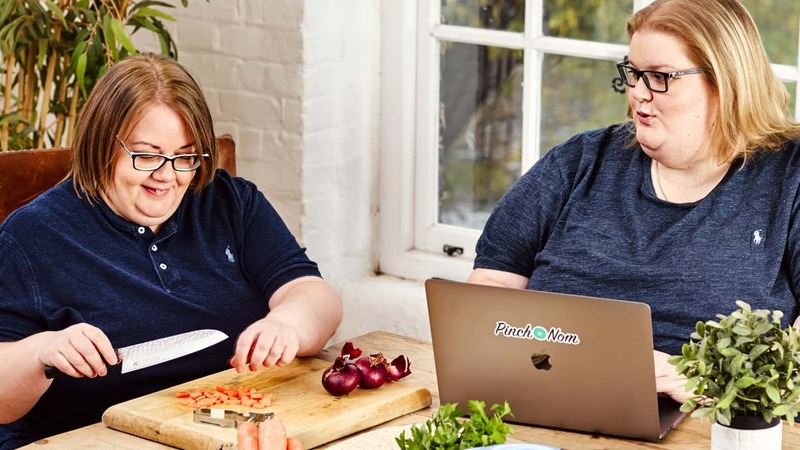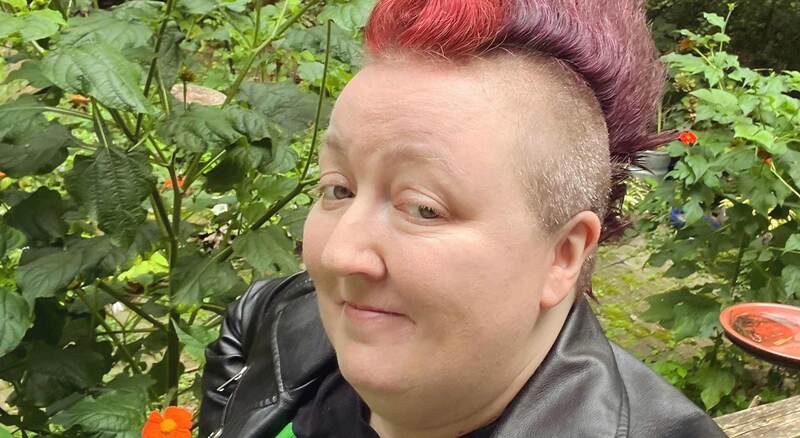You are viewing your 1 free article this month. Login to read more articles.
School's in
Carrie Weston
When starting school or nursery, children are moved from the centre of their own familiar world and placed in a large, strange and shared environment. It is often said that a new job is one of the biggest inducers of stress, yet little comment is made when it comes to starting school.
I wrote Boris Starts School with this in mind and, having been a child, teacher and parent myself, I had a few different perspectives on which to draw. Boris (a bear) reminds me of my son Jack: he was a good head taller than most of the other reception children, very clumsy and incredibly well meaning. But of course, all classrooms are made up of a whole spectrum of different personalities, and among them you find your friends. That’s exactly what Boris does – after a bit of a shaky start.
I wanted Miss Cluck, the long-suffering mother hen of a teacher, to provide the safety and stability that is needed in a new situation. This safety allows for the introduction of a bit of menace (albeit with humour) and, by confronting that in the context of positive story sharing, fears can be diminished before they are encountered for real. The famous child psychologist Bruno Bettelheim said that it is through story that children grapple with fears from a distance, allowing them to grow emotionally and become stronger and more resilient. What a good excuse to share a story with a young child!
Emma Chichester Clark
Lily is full of anxieties about her new school. Her family are doing all they can to reassure her, but her worries persist. She knows that this transition is about growing up – the next stage of life, away from the nursery where she was safe and fitted in – and she’s not sure she’s ready. Admitting her fear might appear childish, Lily disguises it, using Blue Kangaroo; she takes on the role of the parent concerned for their child. Blue Kangaroo, the quintessence of optimism, listens.
My first day at school was a shock – I was suddenly surrounded by children who all knew each other and who knew exactly what to do. I hadn’t been to a nursery; I’d shared a governess with a cousin because we lived in the sticks, so I felt completely overwhelmed. I hadn’t learnt to ask questions or ask for help, and was continually wandering the corridors trying to find the right classroom or cloakroom. I didn’t know about timetables, and always had the wrong shoes for gym or the wrong book for reading. I wanted to be like everybody else. I didn’t want to get things wrong and stand out.
If I were sending a child to a new school now, I would say to them: “Don’t be afraid to ask if you don’t know something. You aren’t expected to know everything and people like helping.” If I’d only known that, I think I’d have found it all a bit easier!
Vivian French
I have four daughters. One sailed into school without a backward glance, one wailed and clung to my knees like a limpet, one stormed into the playhouse and wouldn’t come out and the youngest didn’t say a word to anyone for over a week. Those were some of my toughest times as a parent.
I should have prepared them better; after all, I worked in a preschool playgroup, and I knew how hard that first experience can be. I’d seen apparently confident children collapse into floods of tears once they were left, while weeping little treasures headed for the sand pit the moment they were on their own. We sometimes chatted about their concerns: Will Dad remember to collect me? Will my house still be there when I get home? I don’t like going to the toilet (I might fall down it!). Do I have to stay all night?
I remembered all of those conversations when I came to write First Day at Playschool, as well as some of the things I had done wrong as a child – especially the dreadful day when I forgot the beloved teddy that provided an essential link with home. Perhaps this book is something of an apology to my daughters... although they all grew to love school!
Natasha Joffe of parenting support website Mumsnet offers some practical tips for those with school-starters
Starting school is often an emotional, nay maudlin, time for both parent and child. Even the child who is excited about starting school may fail to appreciate that they have to go there every day for 12 to 14 years, rather than one day. Try talking your child through what will happen; if there is a staged process, explain how long they will be staying for each day, when they will stay for lunch, what to do when they need the loo.
For many children, starting school is exhausting. For the first few terms, the best approach on pick-up is often ‘feed and leave’: arrive with a suitable snack at the ready and don’t prod too much. Early nights and lots of protein are in order. For a child who is finding school hard, try flattery about how big and impressive they are to be starting school. Remind them that it’s OK to feel sad and find things hard, but stress that it will get easier. Telling stories about your own school experiences (the ones with happy endings) can be really helpful.
Boris Starts School
by Carrie Weston and Tim Warnes is out now, published by OUP.
Come to School Too, Blue Kangaroo! by Emma Chichester Clark is out now, published by HarperCollins Children’s.
First Day at Playschool by Vivian French is out now, published by Walker.
Why Did Nobody Tell Me? by Natasha Joffe & Justine Roberts is out now, published by Bloomsbury.















